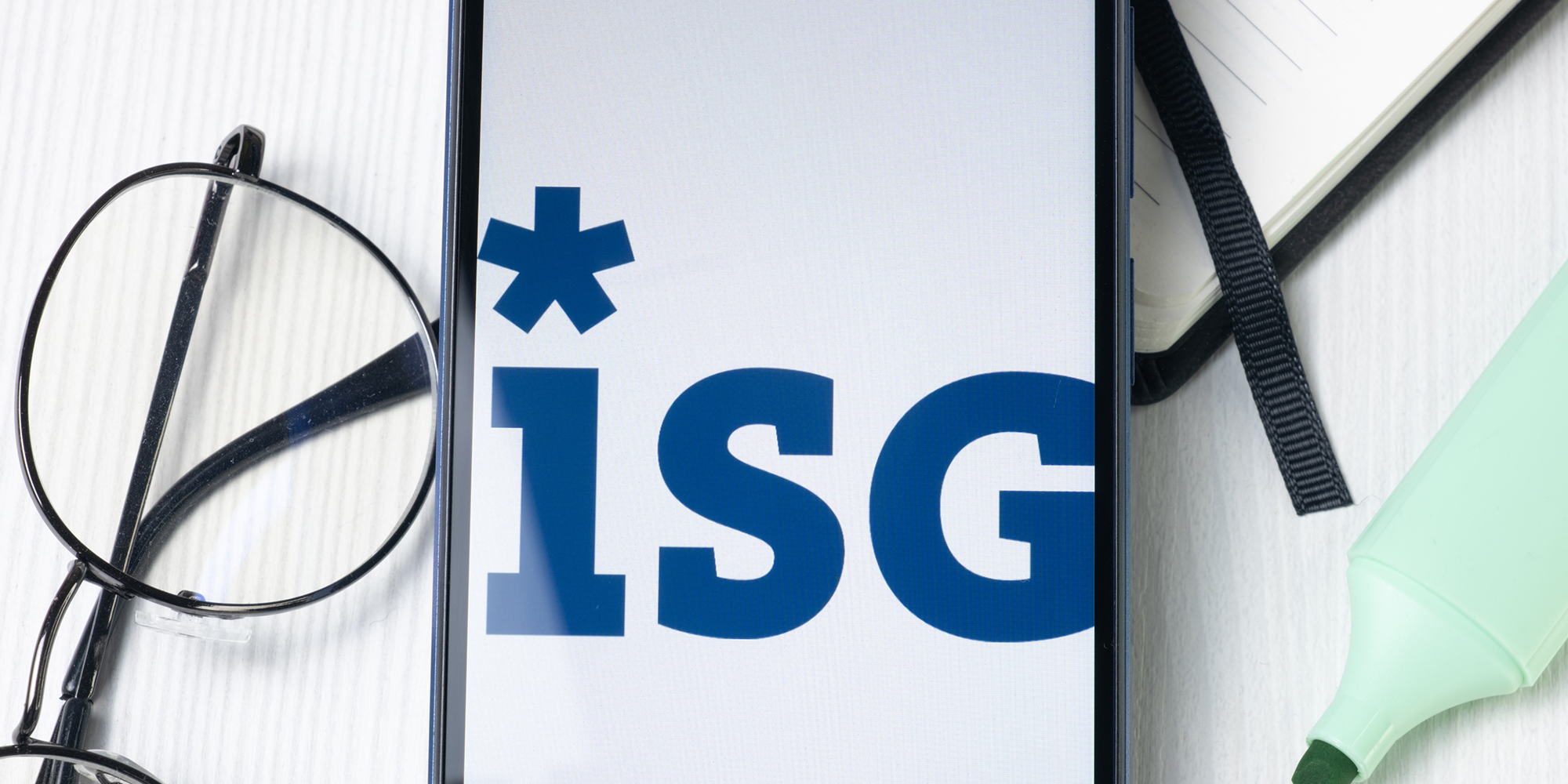
March 1, 2025
Transforming HR with AI: Enhancing the Employee Journey
Is your HR team drowning in paperwork and struggling to keep up with evolving employee expectations? There’s a better way.
AI agents are stepping in to automate tedious tasks, provide data-driven insights, and personalize the employee journey. From recruitment to retention, Artificial Intelligence is changing the game.
In this comprehensive blog, we’ll take a close look at the multifaceted impact of AI agents across various HR functions. Additionally, we’ll look at the challenges and ethical considerations that come with this technological shift, and how forward-thinking organizations are navigating these waters to create truly human-centric HR solutions. Let’s begin.
The Rise of AI Agents in HR
The integration of AI agents into HR practices marks a significant shift in how organizations approach workforce management. This technological revolution is not about replacing human HR professionals but rather about enhancing their capabilities and freeing them to focus on more strategic, high-value tasks. But what exactly are AI agents?
AI agents in HR are sophisticated software programs that use machine learning algorithms and natural language processing to perform a wide range of HR functions. These agents can analyze vast amounts of data, recognize patterns, make predictions, and even engage in human-like interactions. Their ability to learn and adapt makes them invaluable tools in the world of HR. The adoption of Artificial Intelligence in HR is driven by several factors:
- The need for greater efficiency in managing large, often global workforces
- The desire to provide more personalized employee experiences
- The push for data-driven decision-making in HR strategies
- The challenge of managing an increasingly diverse and multi-generational workforce
Key benefits of Artificial Intelligence agents in HR
AI agents offer a multitude of advantages for modern HR departments, streamlining processes and enhancing the employee experience. Let’s take a closer look at some of them and:
1. Revolutionizing Talent Acquisition with Artificial Intelligence
2. Streamlining Onboarding and Employee Integration
3. Enhancing Employee Engagement and Satisfaction
4. Transforming Learning and Development
How To Measure The ROI Of Artificial Intelligence In Human Resources
Measuring the ROI of AI in HR requires a strategic approach aligned with business objectives.
First, define clear, measurable goals. Are you aiming to reduce time-to-hire, improve employee retention, or boost engagement? Establish baseline metrics before implementing Artificial Intelligence. For example, track current turnover rates or time spent on manual HR tasks.
Then, implement your Artificial Intelligence solution and monitor the same metrics over a defined period. Compare the “before” and “after” data to quantify the impact. Did time-to-hire decrease? Did retention improve? Translate these improvements into monetary value.
For instance, reduced turnover translates to cost savings in recruitment and training. Account for the costs of AI implementation (development, integration, maintenance) and compare them to the financial gains.
This difference represents your ROI. Remember to consider less tangible benefits, like improved employee satisfaction, which, while harder to quantify, can significantly impact long-term business success.
Note: Demonstrating clear ROI is crucial for securing buy-in and ensuring the long-term success of Artificial Intelligence initiatives in HR.
Measuring the ROI of AI in HR requires a strategic approach aligned with business objectives.
First, define clear, measurable goals. Are you aiming to reduce time-to-hire, improve employee retention, or boost engagement? Establish baseline metrics before implementing AI. For example, track current turnover rates or time spent on manual HR tasks.
Then, implement your AI solution and monitor the same metrics over a defined period. Compare the “before” and “after” data to quantify the impact. Did time-to-hire decrease? Did retention improve? Translate these improvements into monetary value.
For instance, reduced turnover translates to cost savings in recruitment and training. Account for the costs of AI implementation (development, integration, maintenance) and compare them to the financial gains.
This difference represents your ROI. Remember to consider less tangible benefits, like improved employee satisfaction, which, while harder to quantify, can significantly impact long-term business success.
Note: Demonstrating clear ROI is crucial for securing buy-in and ensuring the long-term success of AI initiatives in HR.
Mitigating Bias: Ensuring Fairness in Artificial Intelligence-Powered HR
Artificial Intelligence holds immense promise for revolutionizing HR, but its power comes with a critical responsibility: ensuring fairness. Artificial Intelligence algorithms, trained on historical data, can inadvertently perpetuate existing biases, leading to discriminatory outcomes in recruitment, performance reviews, and promotions. This not only harms individuals but also undermines trust in HR processes and damages an organization’s reputation.
Addressing bias requires a multi-faceted approach. First, data used to train Artificial Intelligence models must be carefully audited for existing biases. Second, algorithms themselves should be designed with fairness in mind, incorporating techniques to mitigate bias. Third, ongoing monitoring and auditing are essential to detect and correct any unintended bias in Artificial Intelligence driven decisions.
Transparency and explainability are key. Understanding how an Artificial Intelligence system arrives at a particular decision is crucial for identifying and addressing potential biases. Finally, human oversight remains vital. While Artificial Intelligence can automate many HR functions, human judgment is still necessary to ensure fairness and ethical considerations are taken into account. Building truly equitable HR systems requires a combination of technical expertise and a deep understanding of human factors.
Conclusion:
The integration of AI agents in HR is not merely a technological advancement; it also represents a fundamental shift in how organizations manage and support their workforce. From revolutionizing recruitment and onboarding to significantly enhancing employee engagement and development, Artificial Intelligence is demonstrably a powerful ally in forging more efficient, effective, and profoundly employee-centric HR practices. However, this transformative power must be handled responsibly.
For organizations looking to thrive in this new era of HR, partnering with experts in Artificial Intelligence, data, and cloud solutions is crucial. At 66degrees, we empower organizations to make the right choices when it comes to cloud modernization and setting the stage for Artificial Intelligence integration. Our strategic Google Cloud consulting services help align your technology needs with your business objectives, ensuring a robust, future-proof AI infrastructure. By making use of our deep expertise in cloud, data and Artificial Intelligence engineering, we guide you through every step of your transformation journey. Connect with us to learn how we can help.
Latest Insights
Start Accelerating your Path to AI Value
Get in touch today and start defining your strategic path towards building the Agentic Enterprise.






.jpg)

